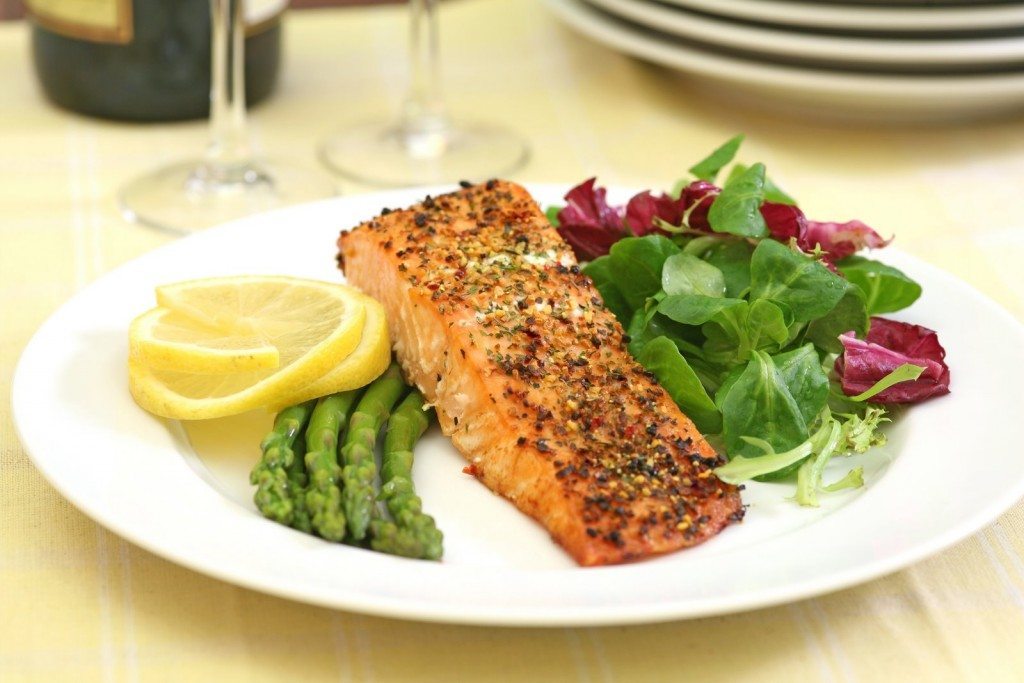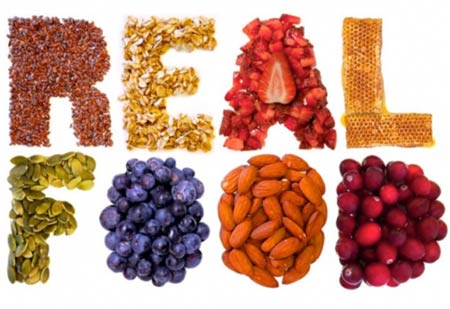The Blog
Going Low-Carb the Right Way!
We hear the word “healthy” being used over and over again, but when it comes to food, it’s hard to know what a healthy diet really consists of. It seems there’s a new fad diet out every month, but which are truly the best for our bodies? Even nutritional experts argue with each other about what is the best way to eat, and with new research they constantly change their views.
The truth is that any diet will help you lose weight if you stick to it. That’s because what will ultimately make you lose weight is consuming less calories than you expend, and being on any ‘diet’ makes us more aware of our calorie intake. Many people think this means you need to use more calories by exercising more, but in reality it’s much easier to not eat those calories than to burn them through exercise.
We know that losing weight without receiving the right nutrients is not the way to go, just like doing only cardio exercises and not building any strength. New research continues to show that the low-carb route is the quickest way to lose weight while not feeling very hungry, but you need to make sure you’re getting the protein, fiber, and vitamins your body needs.
On a low carb diet, you will cut carbs to less than 100 grams per day and increase your fat and protein to compensate. Low carb diets have been shown to drastically lower triglycerides, increase “good” HDL cholesterol and decrease “bad” LDL cholesterol. Also, in every controlled study, low-carb dieters have lost more fat and gained more muscle than low-fat dieters. Fats and proteins are also more filling than carbs, so you’ll feel full all day while still losing fat.
A typical low-carb day would consist of:
Breakfast: two or three large eggs, two slices of bacon, and an apple
Snack: scoop of whey protein and 1 oz of almonds
Lunch: Open-faced or lettuce-wrapped tuna salad sandwich with veggies
Dinner: 8 oz of 90% lean ground beef with 1 oz of shredded cheese and a bowl of broccoli
Though low-carb diets have been proven to work, that doesn’t mean high-carb, low fat diets are bad. They still allow people to lose weight, and if you can stick to a low fat diet more easily, that’s the right diet for you.
Whether you choose the low-carb route or another type of diet, nutritional experts collectively agree on a handful of things:
– Refined sugars should be avoided (table sugar, high fructose corn syrup, and foods that are full of added sugar like ice cream, donuts, cookies, soft drinks, candy, and fruit juices).
– Fiber intake is key for healthy digestion, and blood sugar regulation. Vegetables have lots of fiber, and you should always look for high fiber & low sugar cereals, and whole grain breads with 4+ grams of fiber.
– Drink (more than) enough water! Cut out all the sugary drinks and always have a refillable water bottle with you. Contrary to popular belief, fruit juices are not good for you. They have tons of added sugars and are the stripped of the fiber in whole fruits.
– Eat enough (lean) protein. Eggs, poultry, fish, lean meat and beans are all a great source!
– Avoid processed and artificial foods. The shorter the ingredient list is on a product, the better. If you have no idea what half of the ingredients on a label are, they’re not good for you. If they have chemical names, they are chemicals, and you want to keep your foods as natural as possible!
Written by Juanito Taveras, IT’S TIME TEXAS marketing intern from El Paso, TX



